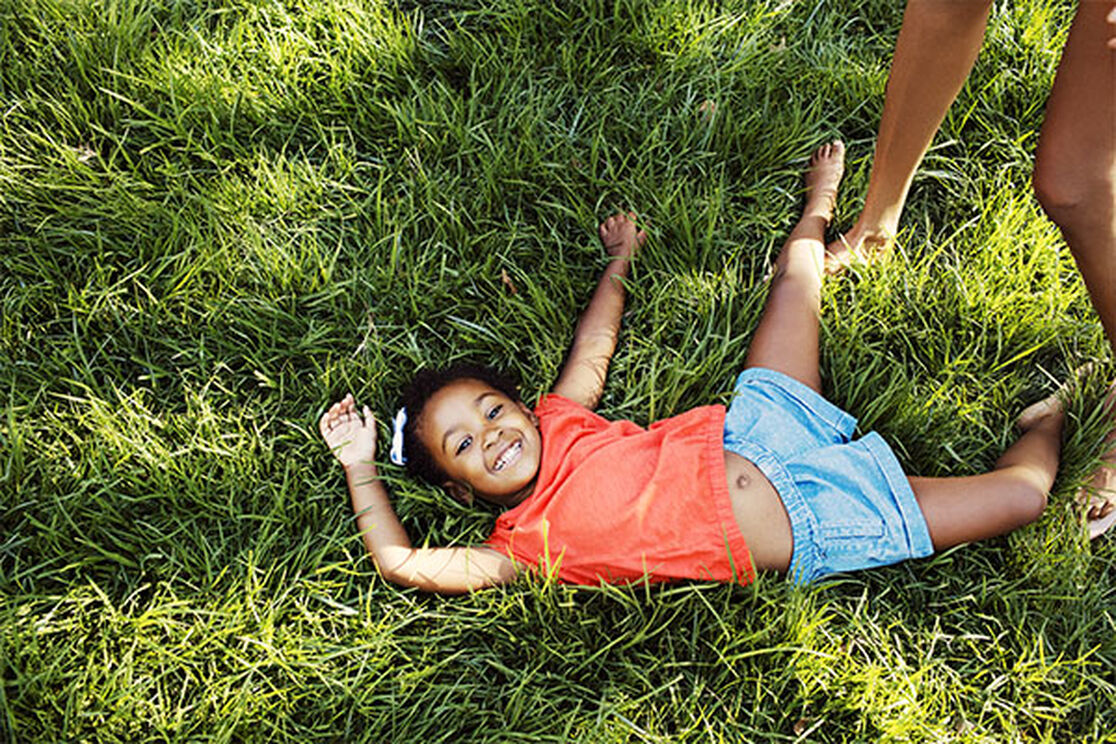There are many misconceptions about concussions that make it difficult to know when to be concerned after your child hits their head. If your five year old falls off the monkey bars and acts dazed, or your freshman football player hits his head on the field — is that a concussion?
A concussion is any injury to the brain that causes a temporary loss of “normal brain function.” Typically, concussions are caused by a direct hit or blow to the head, but they can also occur indirectly, from a forceful injury to the body that transmits a powerful jolt to the brain (e.g. whiplash during a car accident).
Many people assume that you must lose consciousness with a concussion. However, it’s important to know that concussions can occur without ever losing consciousness.
The most common IMMEDIATE symptoms of concussion can include:
- +/- Loss of consciousness
- Headache
- Nausea or vomiting
- Imbalance or dizziness
- Confusion
- Memory loss
- Changes in vision
- Sleepiness, lethargy, or being slow to respond
If your child develops any of these red flag symptoms after a head injury, they warrant prompt evaluation in the emergency department.
After a concussion, your child may experience “post-concussive symptoms” which can last days to months. These manifest as subtle symptoms that can be hard to identify in children: irritability, trouble sleeping, sensitivity to light or sound, difficulty concentrating in school, being overly emotional, or acting irrational.
The good news is that most concussions do not cause permanent damage. “Brain rest” is key, however, to minimize prolonged post-concussive symptoms. Brain rest is exactly as it sounds — avoiding overstimulation, such as TV, video games, and other electronics. Since these symptoms may take some time to resolve, a coordinated team effort by your child’s pediatrician, teacher, and school is important as your child returns to everyday activities.
When can your child return back to their sport? Children who suffer a second concussion before completely healing from the first head injury are at risk of developing “second impact syndrome.” This devastating neurologic injury is permanent, but avoidable; if a gradual “return to play” protocol is followed. It is for this reason that concussion experts and the American Academy of Pediatrics recommend that all children who suffer a concussion do not return to play on the same day. Only after rest and clearance by a doctor, should children be allowed to return to their sport.
As parents, we should be on the lookout for subtle signs of post-concussive symptoms and encourage our children to be honest about how they are feeling. A coordinated team effort will help ensure a safe return to normal activity. By doing so, we can help prevent further brain injury, so that our kids (and their brains), can continue to flourish.
 ~3MD | THREE MOMMY DOCTORS™, three board-certified emergency physicians. Treating your kids like we treat our own.™
~3MD | THREE MOMMY DOCTORS™, three board-certified emergency physicians. Treating your kids like we treat our own.™
The information contained on this post is not intended nor implied to be a substitute for professional medical advice. It is designed to support, not replace, the relationship that exists between a patient and his/her physician. For specific medical advice, diagnoses, and treatment, consult your doctor.
We aim to provide you with the most honest and credible information possible. This article was reviewed for accuracy by The Honest Team and was written based on sources that are linked at the bottom of the article.
blog_review_statement



